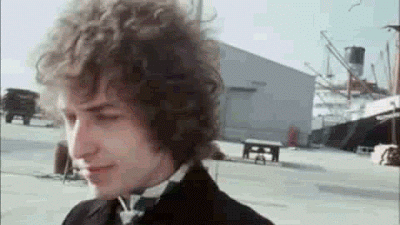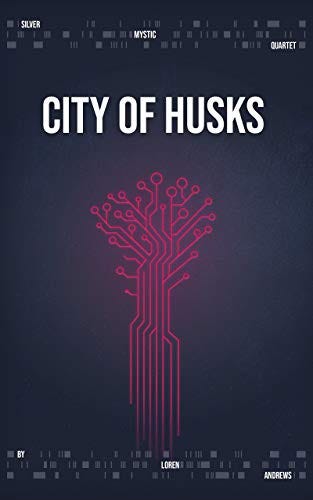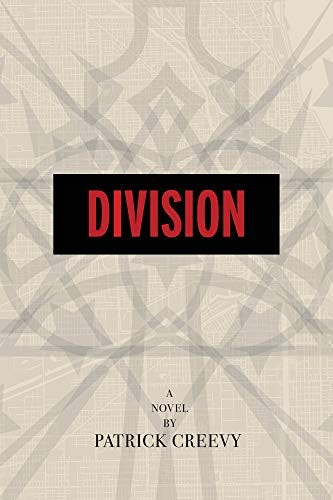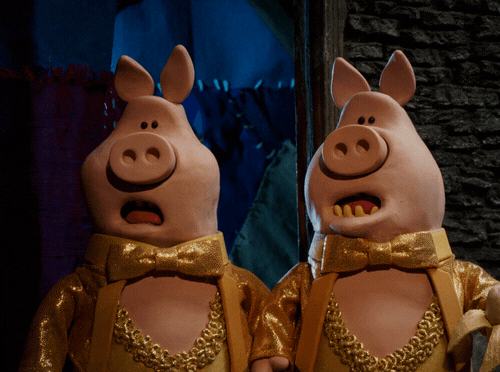“There's only one day at a time here, then it's tonight and then tomorrow will be today again.”
—Bob Dylan

Hello, friends
I tried keeping count of days in quarantine. I kept losing count and then realized it doesn’t actually matter.
It’s Today, and it’s Now. That is always true. So what else do we need to know?
Maybe one of the nicest things about the quarantine experience is seeing how arbitrary and unimportant markers of time are, really: season, month, date, day of the week, time of day…
For a very time-oriented person, this has been a liberating realization. And it makes me wonder: what other measurements can we drop? Hmmm.
Anyway, let’s talk about books now.

Another quarantine positive: increased reading time. Which is great, especially if you have really great books to read.
I am picky about books.
Give me the good books, only. Not the okay books. Not the one slice above mediocre books.
I’ve started and deliberately not finished many, many books. I’ve read first paragraphs and first chapters and, in some cases, first halves and then thrown the offending book out of the window (figuratively).
Because
I WANT THE GOOD BOOKS OR NO BOOKS.
(Actually that’s not true. If there were no good books, I would settle for the not-so-good books. Fortunately for all of us, that is not the world in which we live. This world is full of problems, as we all know, but one thing it’s got going for it: books. Many, many many good good good books.)
And here are two in particular that I want to recommend.
City of Husks by Loren Andrews

Loren Andrews happens to be a friend of mine and I’ve gotten to watch this book come into being: slowly and painfully at times, always thoughtfully, always with great care and enthusiasm. The effort shows. This book (the first in a four-part series) is one of my absolute favorite dystopian/sci-fi novels. Complex but believable plot (which unfolds with excellent pacing), interesting characters who grow along the way, clever dialogue, the right amount of exposition. Come for the story, stay for the writing.
Also, I got to write the book blurb which was both fun and super challenging. Here, read it:
"Belief precedes reality."
Zimmer was never a paradise, but at least it was a home. Of sorts. Now the husks are coming to take what’s left of it. Night after night, a man as broken and soulless as the city he lives in tries to stop them. Night after night, they keep coming and they are getting stronger. Rayner, caught between guilt and lethargy, has too many of his own demons to fight the ones walking out from the ocean floor. Alone, anyway. He needs to get help.
Fortunately, Rayner knows just where to go for answers. Unfortunately, he’ll have to dredge up an ugly past to get there, and it just might turn out to be more dangerous than fighting the husks themselves. If he can get through this, Zimmer might have a chance. Humanity—such as it is—might even survive. But first he’ll have to convince a sworn enemy to risk everything on the not-so-solid basis of his hunches and a sketchy plan to unbreak the world.
"Belief precedes reality."
In Rayner’s case, belief might just be a precursor to annihilation. There’s no reason to think he can be the hero he’s trying to be, and there are so many reasons he should give it all up.
You can read this baby instantly as an ebook or order a print copy. Either way, it’s a great read and you’ll thank me later. GO GET IT. READ IT. YOU’LL LOVE IT.
Division by Patrick Creevy

Patrick Creevy, author happens to also be Dr. Creevy, English professor and that’s how I know him and his writing. He taught me many important lessons about writing in my college days; he also taught me about noticing (an important skill for a writer), about kindness and commitment to one’s craft, and—most importantly—that you must write for yourself, first.
Creevy has a special gift for making a place more than a place: the city of Chicago, in this book, is a living, breathing, complex, crumbling and evolving, conflict-ridden yet integrated being that is character as much as setting.
Here’s the blurb:
Set in the late 1990s, Division opens with the physical barrier of Division Street on Chicago’s north side, exploring the street’s function as a north-south boundary between rival African American gangs and as a metaphor for the boundary between affluent whites and poverty-stricken minorities in the racially divided city: Division Street runs westward from the wealth of Chicago’s Gold Coast to the economic desperation of Cabrini-Green’s “Soul Coast.”
The tension between these polar opposites is heightened by spreading gentrification on Division Street, and developing conflict that is exemplified in the collision between Watt—a nihilistic, intelligent, supremely dangerous rising gang leader—and Connor Riordan, a white child of privilege.
Woven into the story is the complex legacy of Camp Douglas, the infamous Civil War prison where thousands of Confederate soldiers died, American slavery, and the Great Migration, set against more-personal dramas of marital betrayal and painful questions about abortion. Using these threads as the warp and weft of its tapestry, Division explores the profound divisions in our society, our past, and in our souls.
You can read this baby instantly as an ebook (free if you have Kindle Unlimited) or order a print copy. An emotional, challenging, and rewarding read that will grab you and shake you up. GO GET IT. READ IT.

68 Bits of Unsolicited Advice (The Technium)
Being able to listen well is a superpower. While listening to someone you love keep asking them “Is there more?”, until there is no more.
I enjoyed reading this list. H/T to my friend David White for sharing it. Check out his blog At Home in Puerto Rico.
🎦 TAOISM: The Art of Not Trying (Einzelgänger)
Short, interesting video. H/T to Joseph for sharing it and then making me watch it when I wanted to keep complaining and striving instead.
The Taoists observed that humans tend to act in ways that are counterproductive. And in their attempts to alter the natural way, they only make things worse. All these strivings, rules, ethics, values, surely are invented to benefit humanity. But according to the ancient Taoist sages, we should get rid of them all.
Why? Because all these manmade ideas only remove us further from the natural flow of life.
Trying to alter what nature has intended, is like swimming against the stream: it’s exhausting and gets us nowhere.
18 things to remember when your income disappears (anniemueller.com)
My income has remained mostly stable through the pandemic. But we’ve been through some very low points, financially. I learned a few things that may be helpful for others dealing with a disappeared income.
The Empty Cave (Medium)
You know: this is the path. You can’t go forward without going into this cave. As much as you love the light, you love yourself more. Or you want to. And right now, that means going into the darkness.
You can go into the cave with all sorts of shit, but you’re going to come out much lighter… or you’re not going to come out at all.
It’s weird how clearly you can see when you’re sitting in a cave, in complete darkness.
Expanding and Contracting (Positively Positive)
A short little piece, a reminder that you can let go of what’s weighing you down.
Happy Mother’s Day
Love to all the mothers. Love to those who want to be mothers. Love to all the stand-in-the-gap substitute mother figures who give the love but don’t get the credit. Love to the grown-up women who still feel like little girls needing their own Mama. Love to all those missing their mom, or worried about their mom, or conflicted about their mom. Love to all the Mamas who (like me) have no idea what they’re doing and just… keep doing it, whatever it is. (I think it’s mostly love.)
Remember, don’t take anything too seriously. It’s just life.
“You get there by realizing you are already there.”
—Eckhart Tolle


